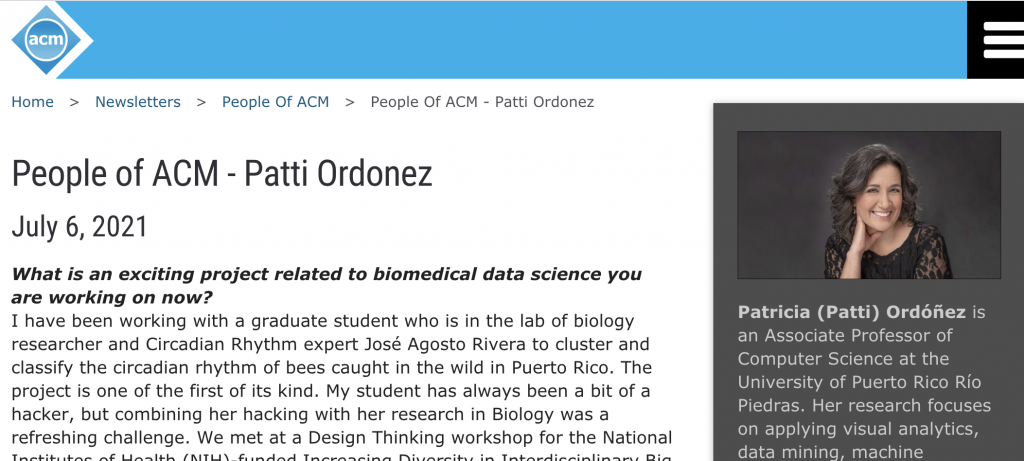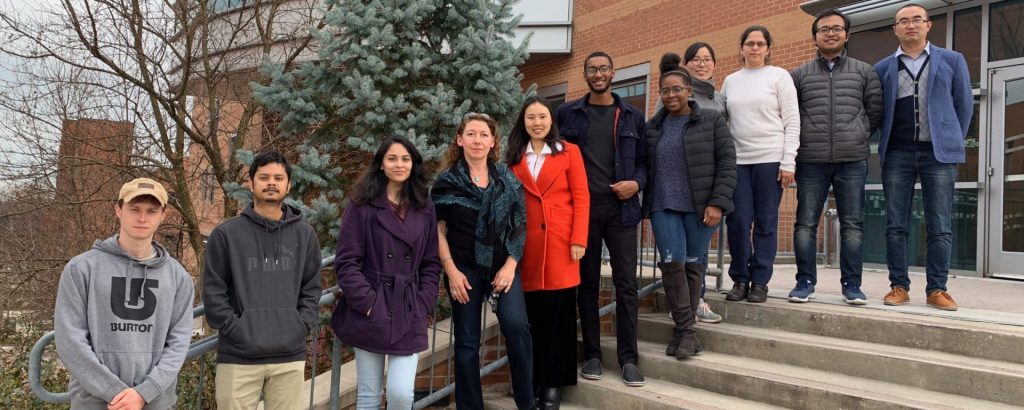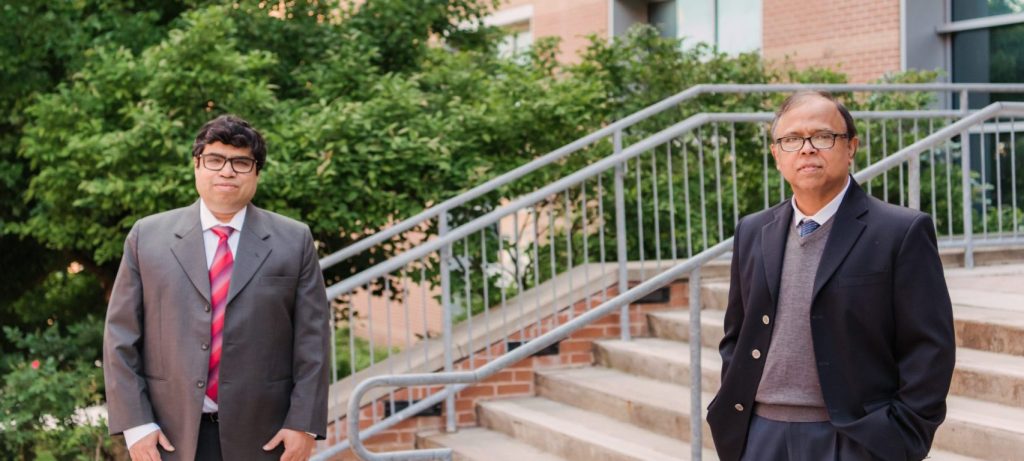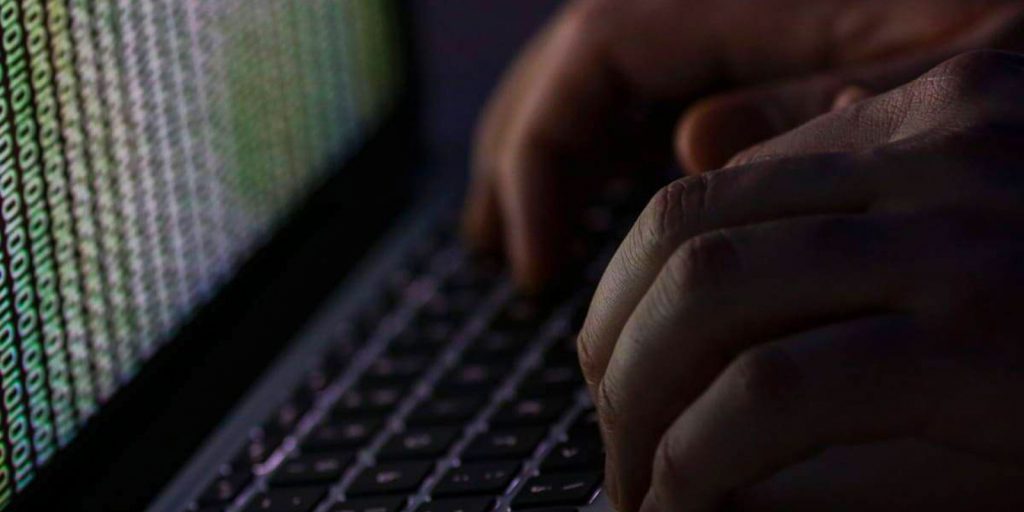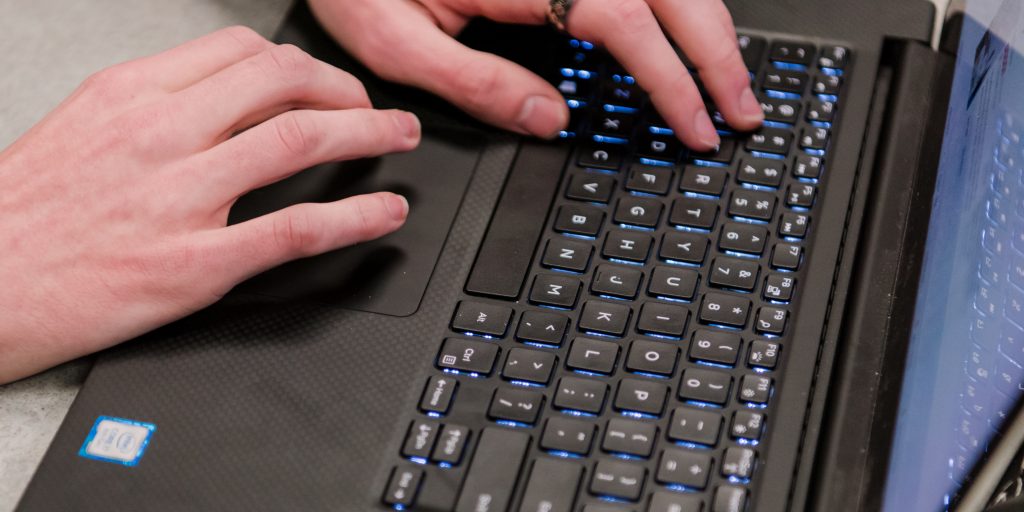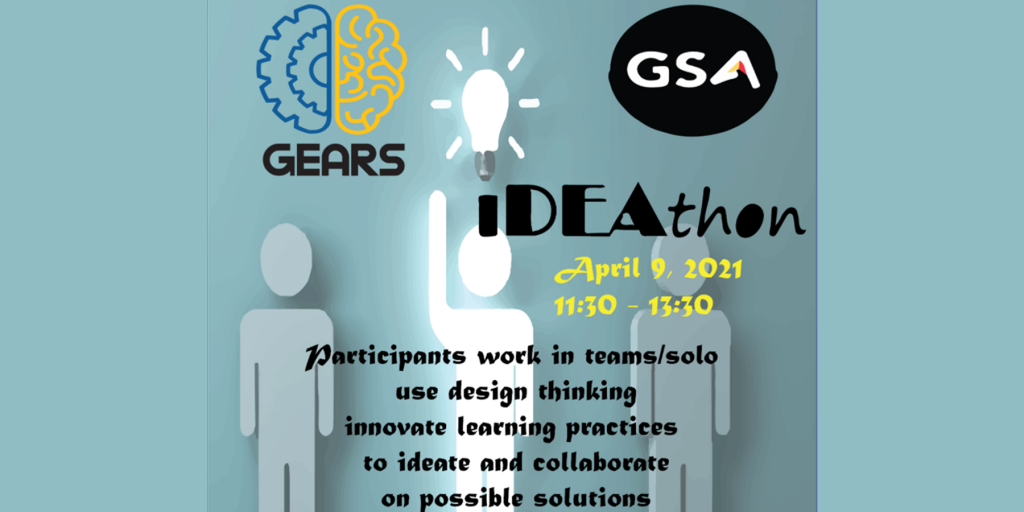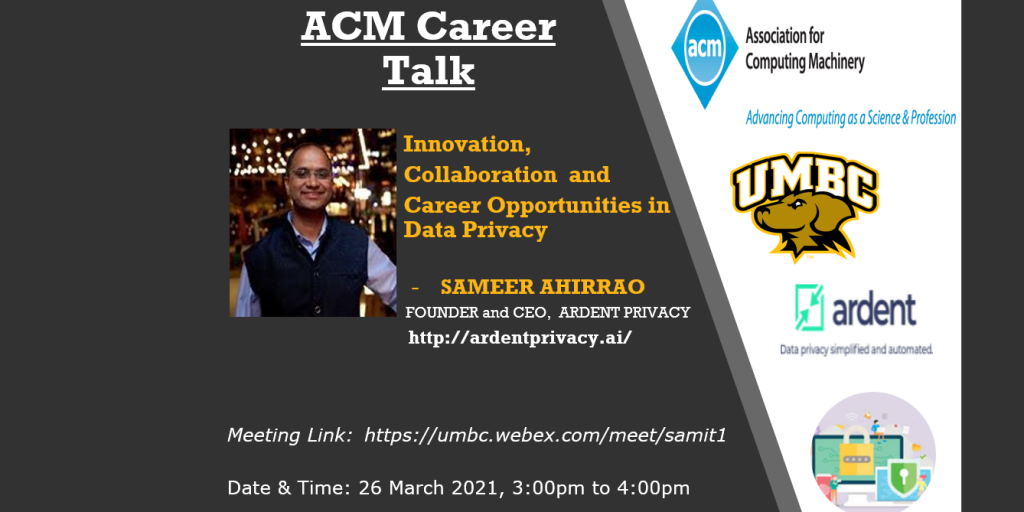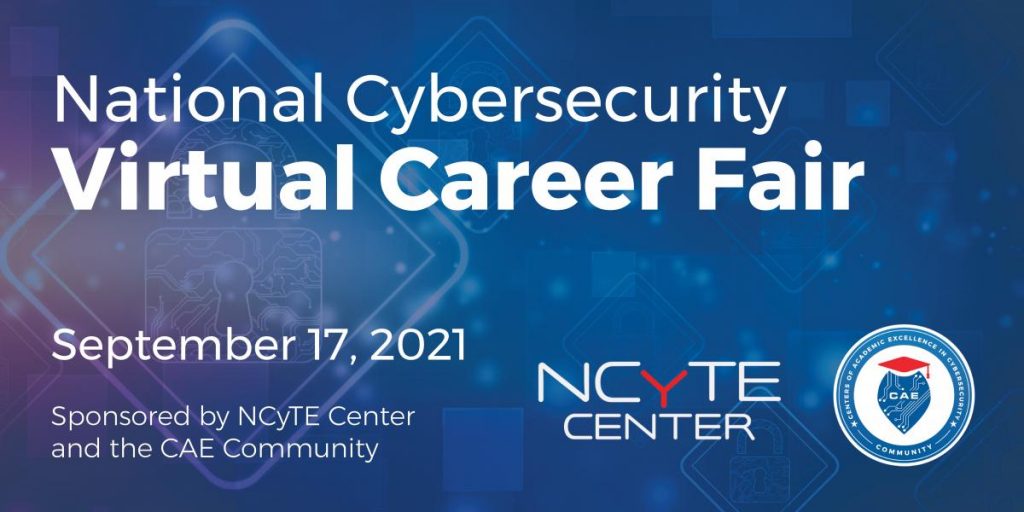
5th annual National Cybersecurity Virtual Career Fair
1pm-4pm Friday, September 17, 2021
The 5th annual National Cybersecurity Virtual Career Fair, sponsored by National Cybersecurity Training and Education (NCyTE) Center and the CAE in Cybersecurity Community, is right around the corner! The career fair brings together students and alumni from over 300 institutions across the Nation designated as Centers of Academic Excellence in Cybersecurity with employers offering internships, temporary, part-time, and full-time employment. This year, the National Cybersecurity Virtual Career Fair will take place on Friday, September 17th, 2021, from 1 pm to 4 pm ET.
Students, alumni, and faculty – Register here to set up an account for live-day access on September 17, 2021
Each year, the number of undergraduate and graduate students and alumni participating in this event continues to grow. Participants come from a variety of disciplines, including cybersecurity, security studies, computer science, engineering, math, physics, and project management. Students from CAEs in Research (CAE-R), Cyber Defense (CAE-CD), and Cyber Operations (CAE-CO) are invited to participate for FREE.
Students and alumni can submit resumes before the virtual career fair begins to allow employers to view resumes before the career fair. Students can participate in workshops leading up to the National Cybersecurity Virtual Career Fair to help them build their resume and interview skills.
This event is facilitated by the organization and open to the general public. It is not hosted or organized by UMBC.
